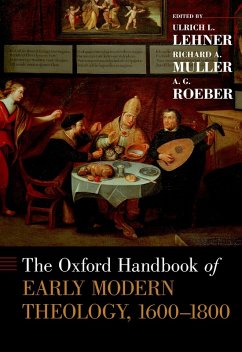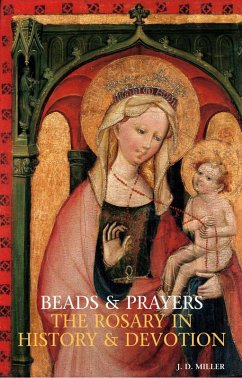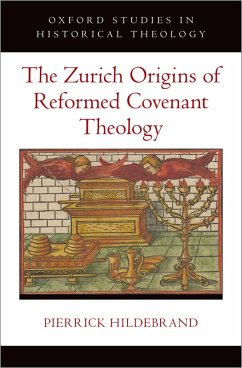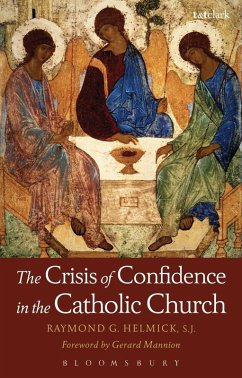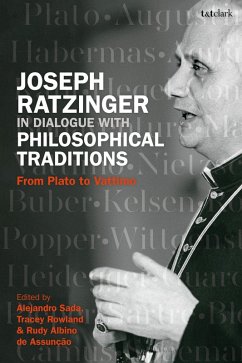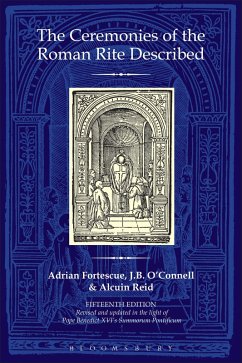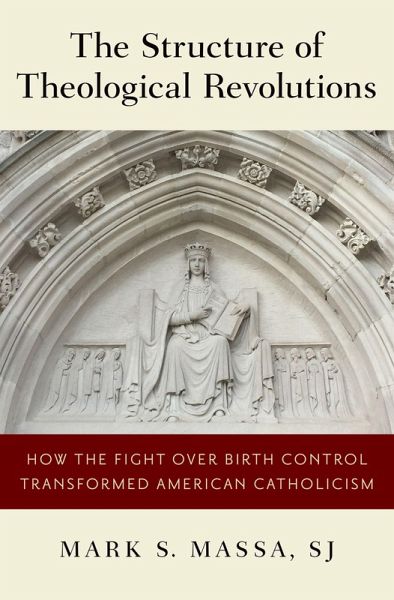
The Structure of Theological Revolutions (eBook, PDF)
How the Fight Over Birth Control Transformed American Catholicism

PAYBACK Punkte
6 °P sammeln!
On July 29, 1968, Pope Paul VI ended years of discussion and study by Catholic theologians and bishops by issuing an encyclical on human sexuality and birth control entitled Humanae Vitae: "On Human Life." That document, which declared that "each and every marriage act must remain open to the transmission of life," lead to widespread dissent and division within the Church, particularly in the United States. The divide that Humanae Vitae opened up is still with us today. Mark Massa argues that American Catholics did not simply ignore and dissent from the encyclical's teachings on birth control,...
On July 29, 1968, Pope Paul VI ended years of discussion and study by Catholic theologians and bishops by issuing an encyclical on human sexuality and birth control entitled Humanae Vitae: "On Human Life." That document, which declared that "each and every marriage act must remain open to the transmission of life," lead to widespread dissent and division within the Church, particularly in the United States. The divide that Humanae Vitae opened up is still with us today. Mark Massa argues that American Catholics did not simply ignore and dissent from the encyclical's teachings on birth control, but that they also began to question the entire system of natural law theology that had undergirded Catholic thought since the days of Aquinas. Natural law is central to Catholic theology, as some of its most important teachings on issues such as birth control, marriage, and abortion rest on natural law arguments. Drawing inspiration from Thomas Kuhn's classic work The Structure of Scientific Revolutions, Massa argues that Humanae Vitae caused a paradigm shift in American Catholic thought, one that has had far-reaching repercussions. How can theology-the study of God, whose nature is imagined to be eternal and unchanging- change over time? This is the essential question that The Structure of Theological Revolutions sets out to answer. Massa makes the controversial claim that Roman Catholic teaching on a range of important issues is considerably more provisional and arbitrary than many Catholics think.
Dieser Download kann aus rechtlichen Gründen nur mit Rechnungsadresse in A, B, BG, CY, CZ, D, DK, EW, E, FIN, F, GR, HR, H, IRL, I, LT, L, LR, M, NL, PL, P, R, S, SLO, SK ausgeliefert werden.





